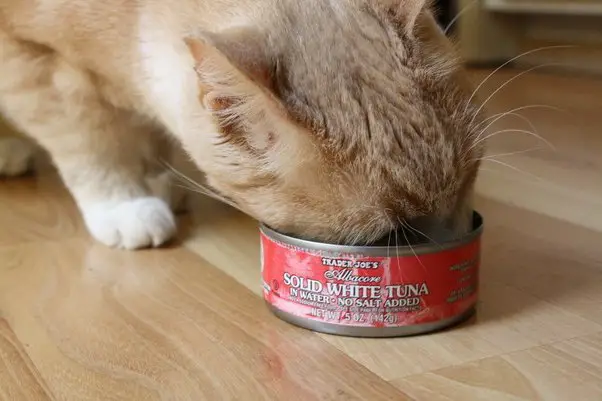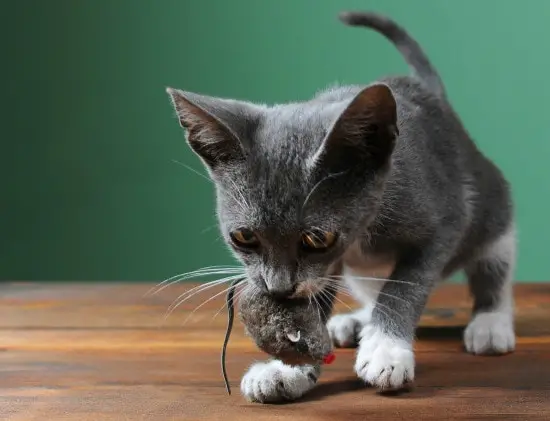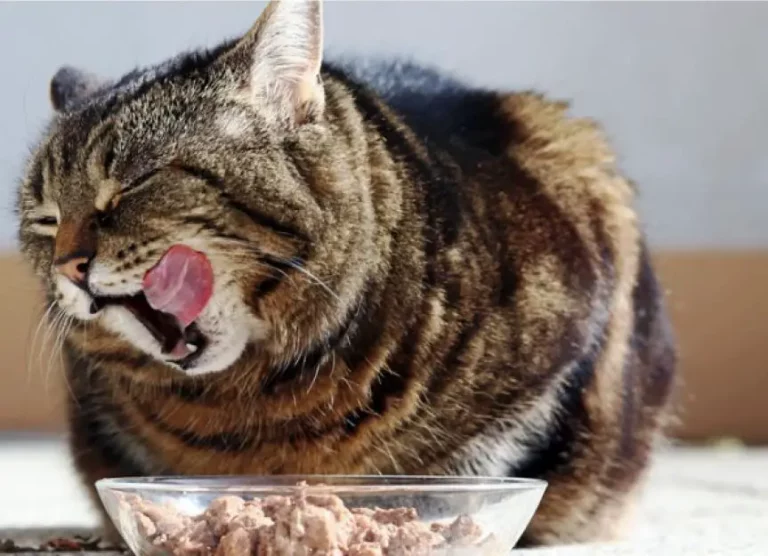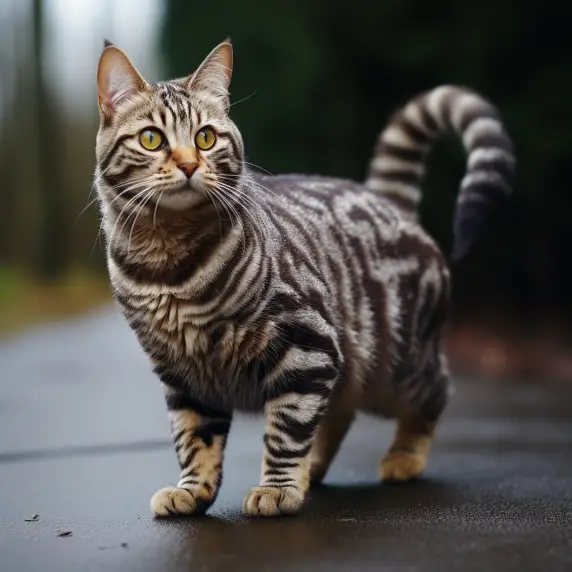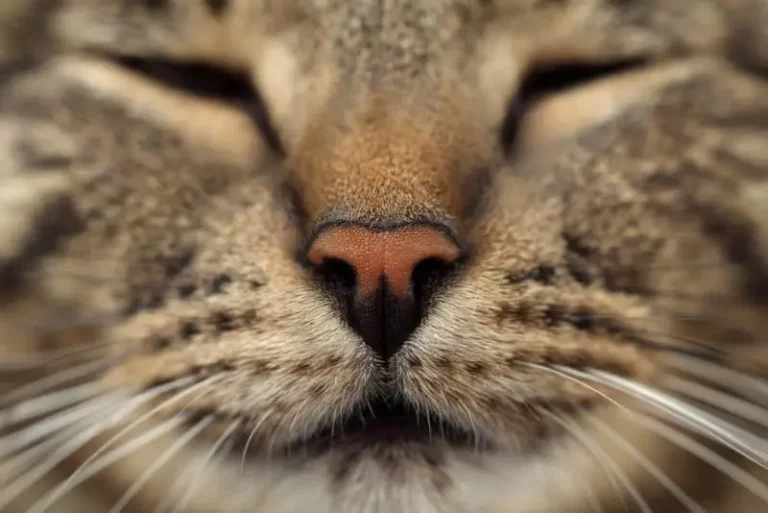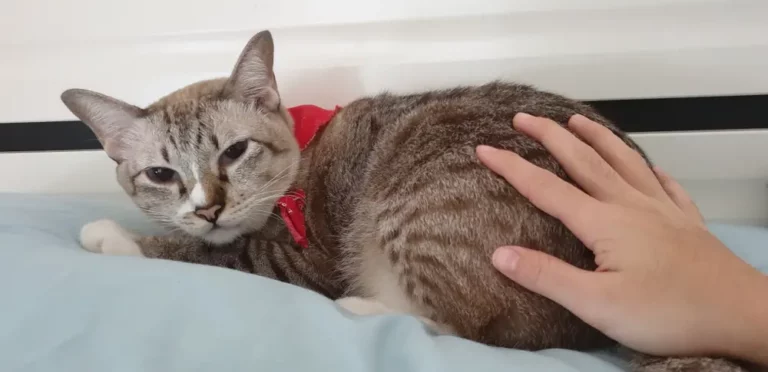Why Do Cats Purr When They Are Dying?
Cats are known for their unique and enigmatic behavior, and one of their most recognizable behaviors is purring.
Cats purr for various reasons, such as when they are happy or content.
However, there is a lesser-known reason why cats purr, and that is when they are dying.
The idea of cats purring during their final moments may seem strange, but it has been observed by veterinarians and pet owners alike.
In this blog post, we explore the science behind cat purring, the connection between cat purring and death, and the emotional significance of cat purring during the dying process.
By the end of this post, you will have a better understanding of why cats purr when they are dying and what it means for both the cat and their owners.
The Science Behind Cat Purring
Purring is a unique feature of cats that has puzzled scientists for years.
Researchers have discovered that cats purr by vibrating their laryngeal muscles at a frequency of around 25 to 150 Hertz.
This creates the distinctive purring sound that we associate with contented cats.
Cats purr for various reasons, including when they are happy, relaxed, or in pain.
Purring is also a way for cats to communicate with their owners and other cats.
A low-pitched purr typically indicates that a cat is relaxed and content, while a high-pitched purr can indicate excitement or anxiety.
Interestingly, not all cats purr in the same way. Some cats produce a deeper and more resonant purr, while others produce a higher-pitched and less intense purr.
Additionally, some cats have been observed to produce a purr that includes a “chirping” or “trilling” sound.
Despite years of research, the exact purpose of cat purring remains ambiguous.
However, studies have suggested that purring can have a therapeutic effect on cats, helping them to relax and heal more quickly from injuries.
Do Cats Know When They Are Dying?
According to PetMD, cats have an innate ability to sense when they are close to death.
This is because they are highly attuned to their bodies and can detect changes that indicate that something is not right.
For example, a cat may start to lose its appetite, become lethargic, or show signs of pain or discomfort.
As a cat nears death, its behavior may change. It may become more withdrawn or seek out quiet and secluded places to rest.
Some cats may become more affectionate or seek comfort from their human companions.
It is important to note that every cat is different, and some cats may not show any obvious signs that they are close to death.
However, if you notice any changes in your cat’s behavior, it is important to seek veterinary care to ensure that your cat is as comfortable as possible in its final days.
The Connection Between Cat Purring and Death
It is not uncommon for cats to purr when they are in pain or distress.
However, it has also been observed that cats purr when they are dying.
This behavior has led some to believe that purring may serve as a comforting mechanism for cats during the dying process.
Scientifically, it is believed that the vibrations produced by purring may have a therapeutic effect on the cat’s body, helping to ease their pain and promote relaxation.
Additionally, purring may release endorphins, which are natural painkillers that can help to alleviate the cat’s discomfort during their final moments.
Anecdotal evidence from pet owners and veterinarians also suggests that cats may purr when they are dying as a way to communicate with their owners.
Some pet owners have reported that their cats purr more loudly or intensely as they approach the end of their lives, while others have noted that their cats purr less frequently or not at all.
While the exact reason why cats purr when they are dying remains unclear, the behavior has become a source of comfort for many pet owners.
The gentle, soothing sound of a cat’s purr can be a comforting presence during a difficult time and may even help to ease the pain of loss for those who are grieving.
In the next section, we will explore the emotional significance of cat purring during the dying process.
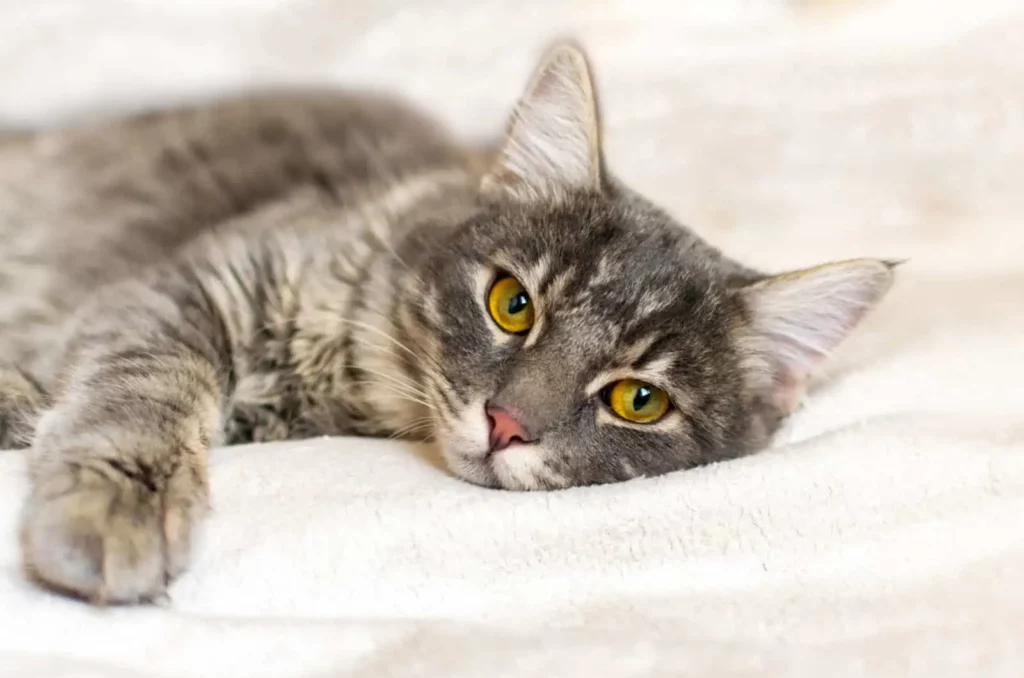
Why Do Cats Purr When They Are Dying?
One of the most common behaviors that dying cats display is purring.
While it may seem counterintuitive, purring is believed to be a way for cats to soothe themselves when they are in pain or distress.
According to PetKeen, purring can release endorphins, which are natural painkillers that can help to alleviate a cat’s discomfort.
However, purring is not always a sign that a cat is content or happy. According to BBC, cats can purr for a variety of reasons, including when they are in pain or feeling anxious.
In fact, some cats may purr more frequently when they are in distress, which can make it difficult for their owners to recognize that something is wrong.
In the context of end-of-life care, purring can be a way for a dying cat to comfort itself and signal to its human companions that it needs comfort and support.
While it may be difficult to see a beloved pet in pain, providing comfort and love can help to make their final days as comfortable as possible.
The Emotional Significance of Cat Purring during Death
The act of a cat purring during the dying process can have significant emotional significance for both the cat and their owners.
For the cat, purring may serve as a comforting mechanism, helping them to relax and feel less anxious during their final moments.
For pet owners, the sound of their cat’s purr can be a source of comfort and reassurance during a difficult time.
It can be a way for owners to connect with their pet and show them love and support as they pass on.
Additionally, the act of purring can also serve as a way for cats to communicate their love and appreciation for their owners.
Purring has been observed in cats who are receiving care or attention from their owners, and it may be a way for cats to express their gratitude and affection.
Furthermore, the emotional significance of cat purring during death extends beyond just the cat and their owner.
Veterinarians and other animal care professionals have also noted the importance of this behavior in helping them provide compassionate end-of-life care for animals.
The act of cat purring during the dying process may serve as a comforting mechanism for cats, a source of comfort for pet owners, and a way for cats to express their love and appreciation for their owners.
While the exact reason why cats purr when they are dying remains a mystery, the emotional significance of this behavior is clear.
How Do Cats Behave Before Dying?
Cats can exhibit a range of behaviors as they approach the end of their lives. According to PetsTheNest, some common signs that a cat is close to dying include:
- Loss of appetite or interest in food
- Lethargy or weakness
- Difficulty breathing
- Incontinence or loss of control over bodily functions
- Seeking out quiet and secluded places to rest
- Changes in vocalizations, such as meowing or purring less frequently
If you notice any of these signs in your cat, it is important to seek veterinary care to ensure that your cat is as comfortable as possible in its final days.
Your vet can help you develop a plan for end-of-life care that takes into account your cat’s individual needs and preferences.
Providing appropriate end-of-life care can help to ensure that your cat is as comfortable and pain-free as possible in its final days.
This can include providing a comfortable and quiet place for your cat to rest, providing appropriate pain management medications, and offering your cat plenty of love and affection.
Final Thoughts on Why Cats Purr When They Are Dying
Cats are fascinating animals with a range of unique behaviors, one of which is purring.
While the purpose of cat purring has been a topic of study and debate for years, one behavior that has been observed in cats is purring during the dying process.
This behavior has been attributed to the therapeutic effects of purring, the cat’s desire to communicate with their owners, and as a source of comfort for both the cat and their owner.
The emotional significance of cat purring during the dying process is evident in the comfort it provides to those who are grieving the loss of their beloved pets.
It is a reminder of the love and affection that cats have for their owners and the bond that they share.
In conclusion, the act of cat purring during the dying process may remain a mystery, but its emotional significance is clear.
It is a comforting presence during a difficult time and a reminder of the special connection between cats and their owners.
Frequently Asked Questions
What happens right before a cat dies?
Right before death, cats will typically become increasingly weak and lethargic.
They may hide away or seek out warmth and comfort. You might notice labored breathing, loss of appetite and unusual stillness.
If possible, spending time with your cat can provide them with peace and comfort during their last moments.
Are cats affectionate when dying?
Although cats can exhibit many behaviors right before they die, some of them may be seen as signs or expressions of affection.
For example, some cats may seem to want more attention than usual and may seek out human contact and comfort.
Other cats may purr or knead the person to whom they feel closest.
How do you say goodbye to a dying cat?
Saying goodbye to a beloved pet can be an incredibly difficult and emotional time.
You may want to give them a last loving gesture, like spending quality time together or feeding them their favorite treats.
You may also light a candle in their honor, frame a photo of them, or plant a tree or flower bush in their memory.
Most importantly, take your time and be kind to yourself during this process.
What happens after a cat dies?
When a cat passes away, the people that loving cared for them must take steps to perform after-death care.
This includes making sure they are buried or cremated properly, as well as informing any relevant authorities and loved ones of their passing.
It is also important to take the time to grieve and commemorate their life.
What is the best way to comfort a dying cat?
The best way to comfort a dying cat is to provide it with love and attention.
Spend time with your cat and give it extra cuddles, soft strokes, and gentle physical contact. Keeping the environment around your cat peaceful and calm is also important.
Provide comforting music or white noise that can help reduce stress.
Ensure your cat has access to comfortable bedding in any area of the house or outside space in which they spend time.
Additionally, providing grooming care for your cat can be beneficial for their physical and emotional comfort as they go through this difficult process.

